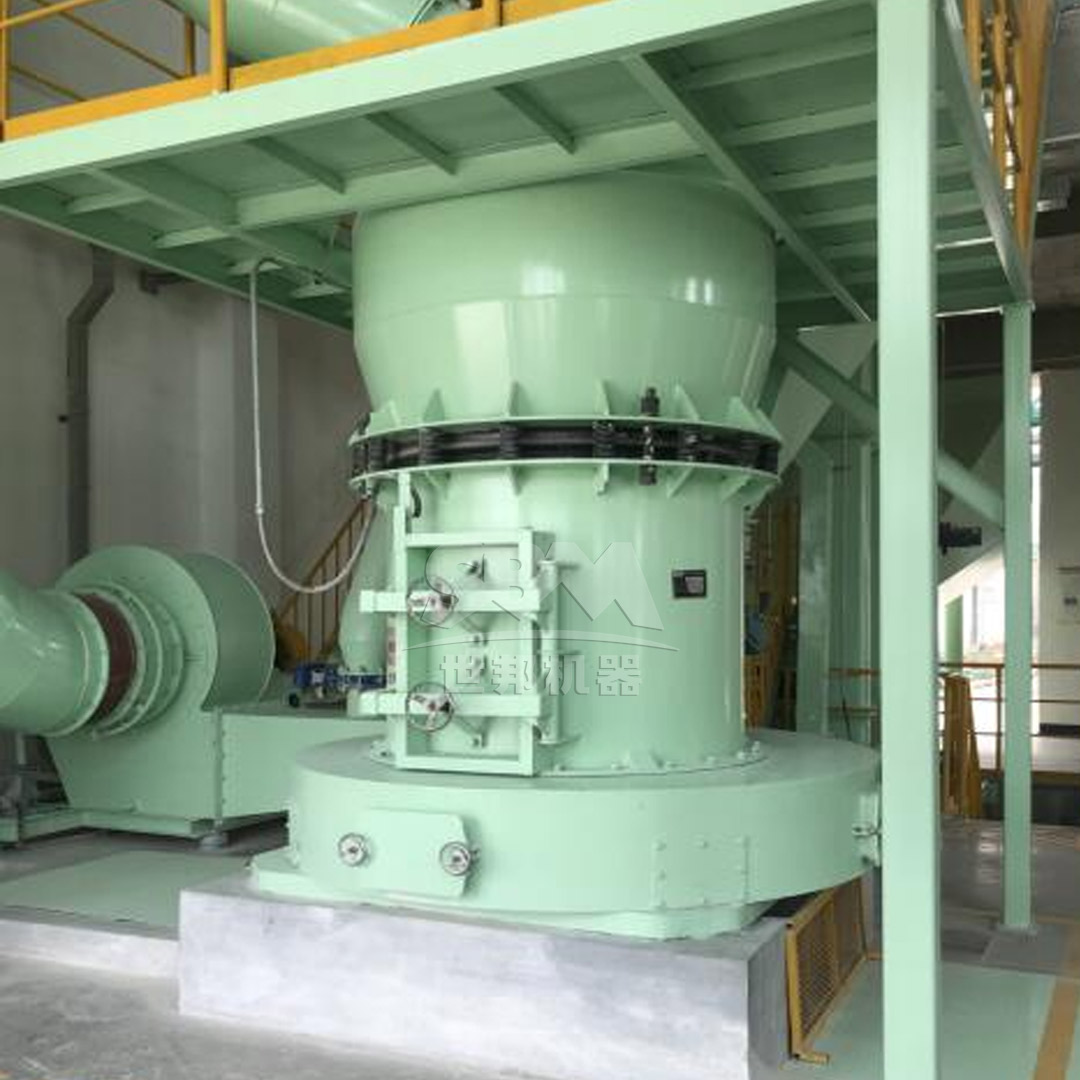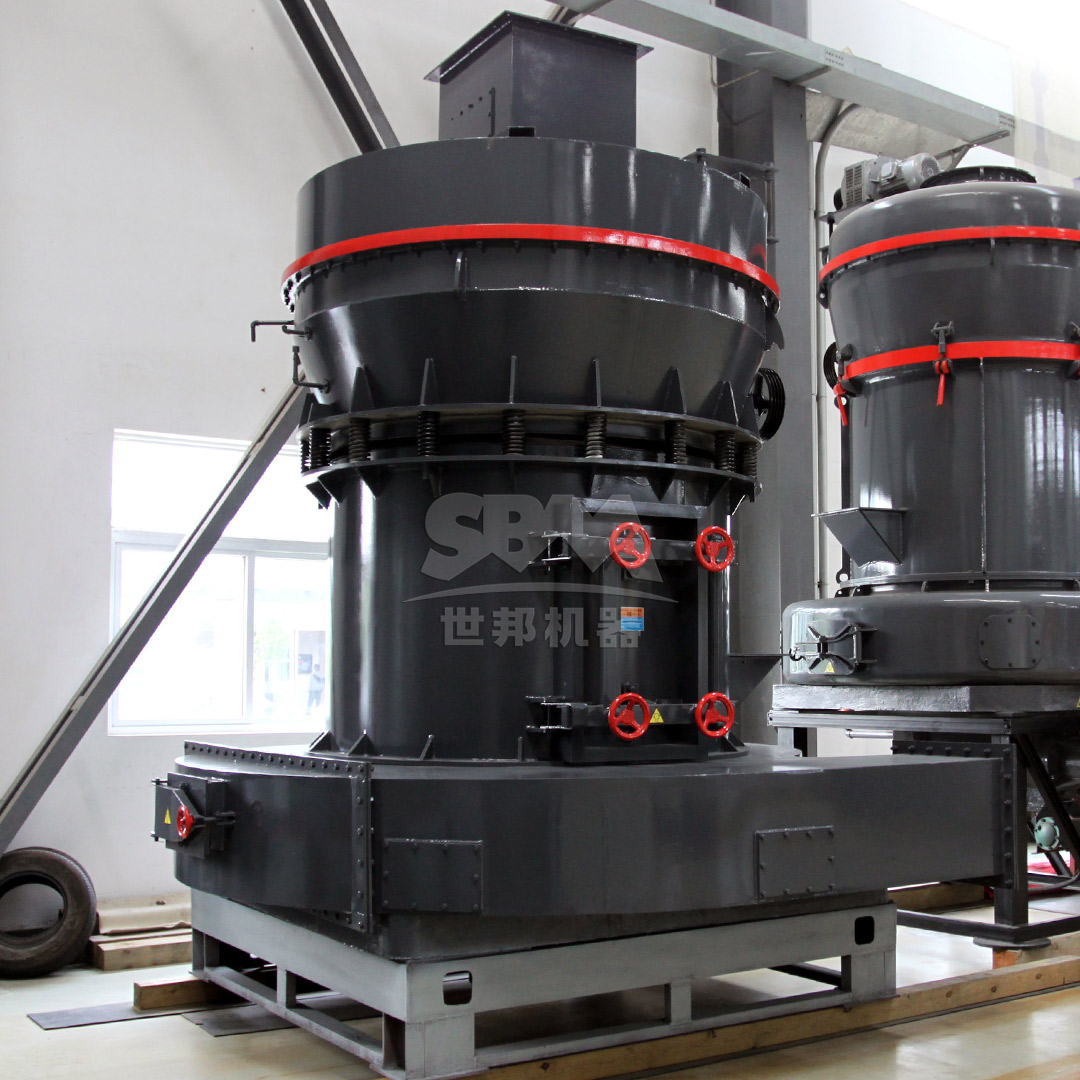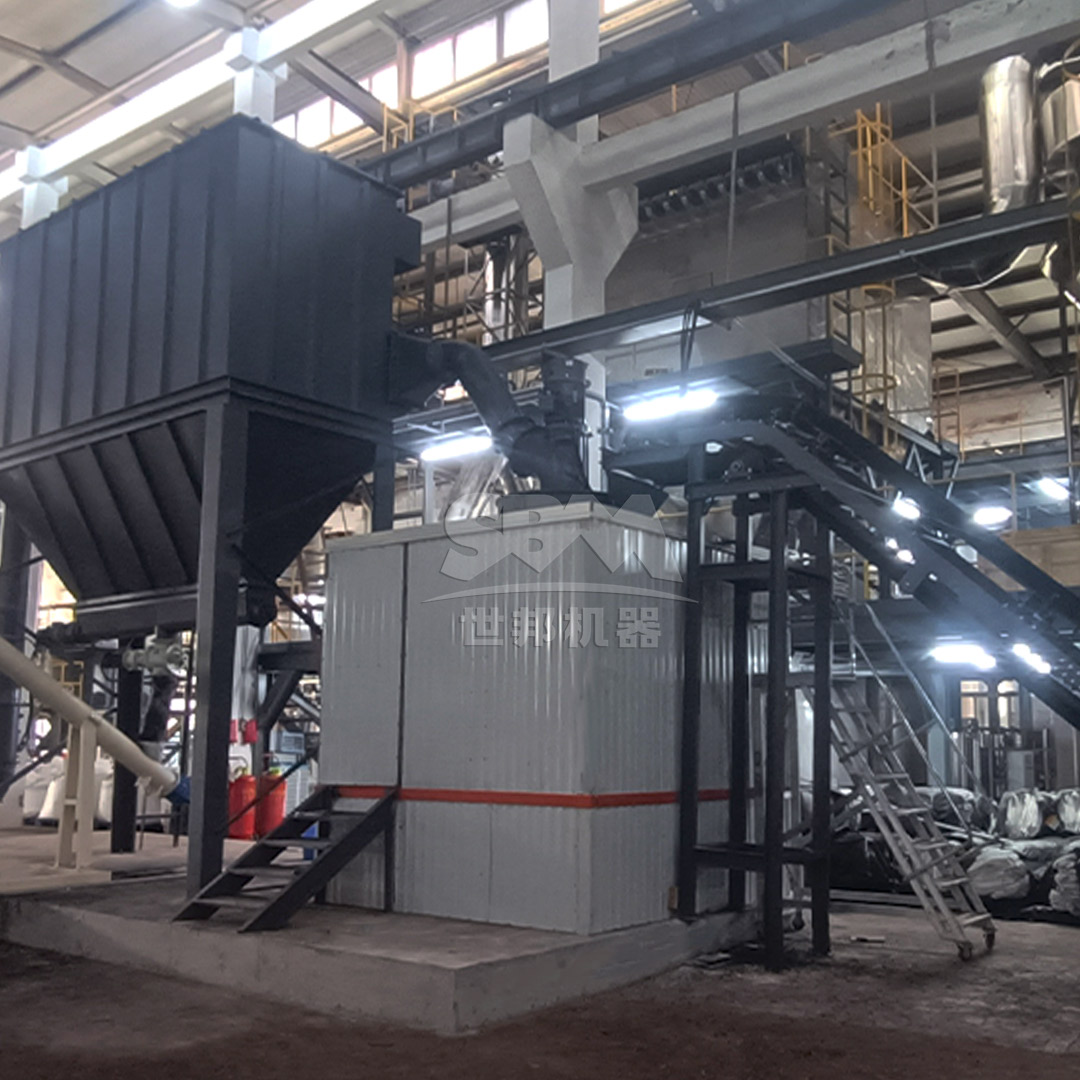The pulp and paper industry relies heavily on the quality of fillers and coatings to achieve desired paper properties such as brightness, opacity, smoothness, and printability. Kaolin, a naturally occurring clay mineral, is one of the most widely used pigments in paper production. Its effectiveness, however, is highly dependent on particle size distribution and purity, which are directly influenced by the grinding technology employed. Pendulum mills have emerged as a critical technology in achieving the optimal grinding of kaolin for pulp production, balancing efficiency, precision, and operational cost.

Kaolin serves two primary functions in paper manufacturing: as a filler within the paper sheet and as a coating on its surface. As a filler, it improves sheet formation, brightness, and opacity. As a coating pigment, it enhances surface smoothness, ink receptivity, and gloss. The performance in both roles is dictated by the particle size. Finer particles (< 2μm) contribute to better gloss and smoothness in coatings, while a controlled distribution is necessary for optimal light scattering and opacity. Over-grinding can break down the desirable platelet structure of kaolin, reducing its effectiveness, while under-grinding leads to coarse particles that impair surface quality. Therefore, the grinding process must be precise and controllable.
Grinding kaolin presents several challenges. The material can be abrasive, leading to high wear on grinding components. It is also prone to moisture absorption, which can cause handling and clogging issues. The primary technical challenge is to achieve a narrow, targeted particle size distribution without generating excessive heat (which can affect the clay’s properties) or incurring prohibitive energy costs. Traditional grinding methods like ball mills can be inefficient and offer limited control over the final product’s fineness.
Pendulum mills, specifically Raymond roller mills and their modern descendants, are exceptionally well-suited for kaolin processing. Their design incorporates a vertical configuration with spring-loaded rollers that rotate against a stationary grinding ring. Material is fed into the grinding zone and is crushed by the roller’s compressive force. The ground material is then carried by an air stream to a classifier, which separates particles based on size; oversize material is returned for further grinding.

For operations seeking to optimize their kaolin grinding process, our MRN Pendulum Mill represents a state-of-the-art solution. Engineered for reliability and precision, it is designed to meet the rigorous demands of modern pulp production facilities.
The MRN Pendulum Mill operates on the principle of centrifugal force, where grinding rollers compress material against a grinding ring to form a dense layer for efficient size reduction. Its grid-type roller suspension frame further improves internal ventilation and grinding efficiency. With models offering capacities from 2.7 to 83 TPH and the ability to produce powder from 30 to 325 mesh, it provides the flexibility needed for various production scales.
| Model | Number of Rollers | Grinding Ring Diameter (mm) | Main Motor Power (kW) | Capacity (t/h) |
|---|---|---|---|---|
| MB5X98 | 3-4 | 1000 | 82.5-92.5 | 2.7-6.5 |
| MB5X298 | 4-6 | 3000 | 1247-1407 | 48-83 |
For applications requiring the highest levels of fineness, where kaolin must be ground to a D97 of 5μm or less for premium paper coatings, our SCM Ultrafine Mill is the ideal choice. This mill goes beyond the capabilities of standard pendulum mills, utilizing a layered grinding principle and an advanced vertical turbine classifier.
The SCM series, with models like the SCM1250 (2.5-14 t/h, 185kW) and SCM1680 (5.0-25 t/h, 315kW), provides a scalable solution for producing ultra-fine kaolin that directly enhances paper quality metrics like print resolution and surface uniformity.

The selection of grinding technology is paramount in determining the quality and cost-effectiveness of kaolin used in pulp and paper production. Pendulum mills offer an unparalleled combination of precision, efficiency, and reliability. Our MRN Pendulum Mill provides a robust and intelligent solution for standard to fine grinding requirements, while the SCM Ultrafine Mill pushes the boundaries for ultra-fine coating pigments. By investing in the right grinding technology, paper manufacturers can significantly enhance their final product’s quality, reduce operational costs, and maintain a competitive edge in the market. We encourage producers to evaluate their specific kaolin needs and consider how our advanced milling solutions can optimize their process and output.